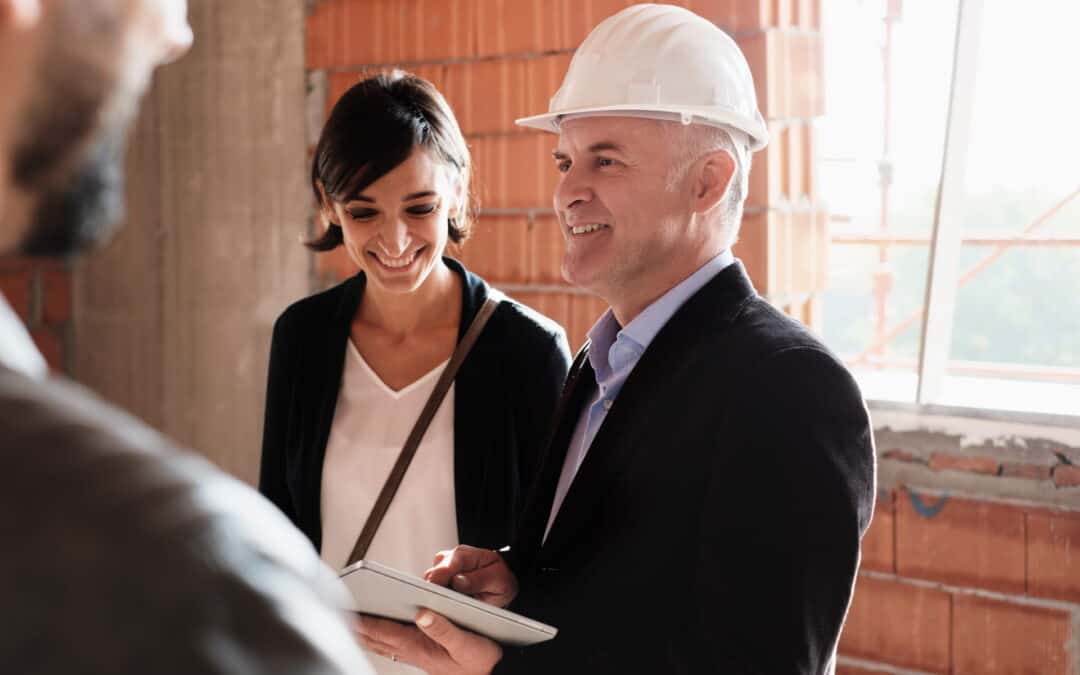Hiring a general contractor is a significant step in any home renovation or construction project. It’s essential to set the stage for a successful partnership through comprehensive discussions before any actual work begins. These conversations can set expectations, streamline the project, and help avoid potential misunderstandings or conflicts.
Project Scope and Details
It’s crucial to start with a detailed discussion about the scope of your project. Both you and your contractor should have a clear understanding of what the project entails. This includes the scale of the work, specific tasks to be completed, and the desired outcomes. These early conversations will help prevent scope creep and ensure that both parties are aligned with the project goals.
- Ensure all project details are documented.
- Discuss any unique aspects of the project.
- Agree on the final goals and deliverables.
Timeline and Deadlines
Establishing a timeline is another critical discussion point. Timelines not only help in planning the sequence of work but also in setting expectations for project milestones and completion dates. Delays can affect costs and plans, so it’s important to understand what can impact timelines and how such issues will be managed.
- Set realistic timelines based on the contractor’s assessment.
- Discuss and note down key project milestones.
- Plan for potential delays and agree on how they will be addressed.
Budget and Payment Terms
Budget discussions are among the most important to have before work begins. A clear understanding of the total cost, payment schedules, and what those payments cover will help in managing your finances. It’s also wise to discuss how unforeseen costs will be handled, as these can often cause disputes.
- Ask for an itemized breakdown of costs.
- Agree on a payment schedule that aligns with project milestones.
- Discuss scenarios that might lead to additional costs.
Permits and Legal Requirements
Your general contractor should handle the acquisition of necessary permits and ensure that all work complies with local building codes and regulations. Discuss which permits are needed and how long obtaining them might take, as this can impact your project timeline.
- Identify which permits are required for your project.
- Discuss who will be responsible for obtaining these permits.
- Ensure compliance with local regulations is planned for.
Materials and Suppliers
The choice of materials can significantly affect both the budget and the overall quality of the finished project. Discuss with your contractor about where materials will be sourced from and the quality of these materials. This is also a good time to talk about any preferences or specifications you have regarding the materials used.
- Decide on suppliers and who will manage them.
- Discuss quality expectations for materials.
- Agree on how material selections will be finalized.
Change Order Process
Changes to the initial plan are not uncommon in construction projects. Establishing a process for handling these changes, known as change orders, is essential. This should include how changes will be documented, approved, and how they will affect the overall project in terms of cost and timeline.
- Set up a formal process for approving change orders.
- Discuss how changes will affect the budget and timeline.
- Ensure all changes are documented and signed off by both parties.
Communication Plan
Effective communication is key to the success of any project. Determine how often you will have updates and meetings. Decide which method of communication is preferred, whether it be emails, phone calls, or in-person meetings, and who your primary point of contact will be.
- Establish regular intervals for project updates.
- Choose preferred methods of communication.
- Determine the primary point of contact.
Site Preparation and Safety
Before work begins, the site must be prepared and safety measures put in place. Discuss what needs to be done to prepare the site, and what safety protocols will be implemented. This not only protects the workers but also your property and family.
- Plan for site preparation.
- Discuss safety measures and protocols.
- Ensure compliance with all health and safety regulations.
Post-Completion Follow-up
After the completion of the project, it’s important to have a plan for addressing any issues that might arise. Discuss the warranty periods for the work done and what the follow-up process includes. This ensures that any post-completion problems are resolved swiftly and effectively.
- Discuss the warranties provided for materials and workmanship.
- Set up a process for addressing any post-completion issues.
- Agree on the duration of the follow-up period.
In-depth Analysis of Key Considerations When Hiring General Contractors
Discussing these key aspects with your general contractor before starting your project can significantly enhance the likelihood of its success. These preparatory conversations help establish a strong foundation for the project, ensuring that all parties are clear on expectations, processes, and objectives, which in turn helps prevent disputes and misunderstandings.
Essential Insights on Preparing for a Construction Project
- Clear discussions about scope, budget, and timeline are fundamental.
- Understanding the legal and material aspects prevents future complications.
- Establishing communication and change order processes are critical for adaptability.
By preparing with these discussions, you ensure that your project runs as smoothly as possible, paving the way for a successful partnership and project completion.

